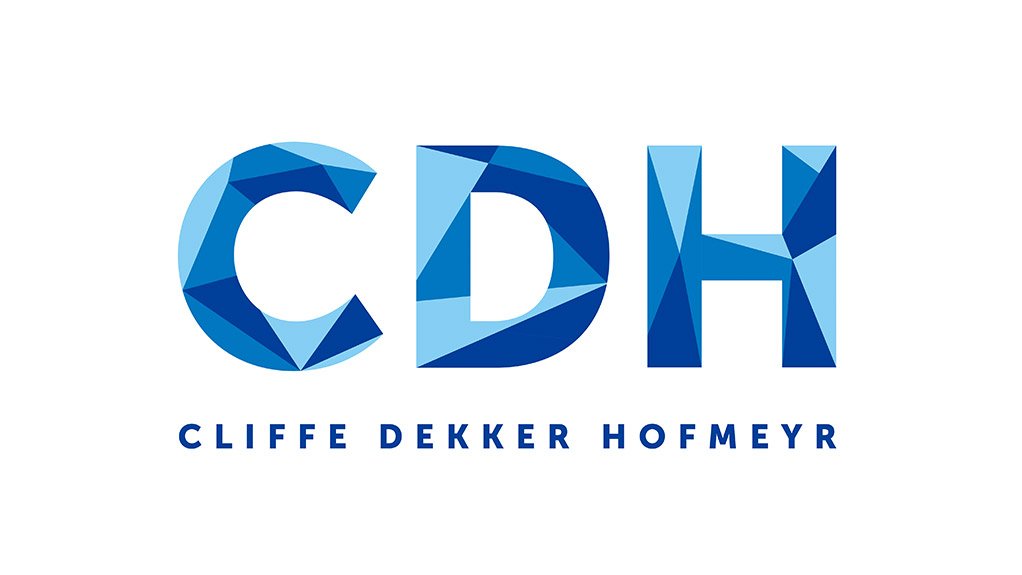Cliffe Dekker Hofmeyr (CDH) recognises an ever-increasing responsibility to give back to society and therefore in 2011, CDH formed its dedicated Pro Bono and Human Rights Practice (Pro Bono Practice). The Pro Bono Practice's core objective is not only to provide access to legal services to those who cannot afford to pay for them, but also to constructively engage in promoting constitutional values through public interest litigation.
The CDH Pro Bono Practice is currently representing the South African Human Rights Commission (SAHRC) in the matter of Centre for Child Law, the School Governing Body of Phakamisa High School & 37 Children // Minister of Basic Education & 4 others (Phakamisa) an important matter involving the right to education of undocumented minors, which will be heard by a full bench of the Grahamstown High Court on Wednesday and Thursday 18th - 19th September. The SAHRC has been admitted as an amicus curiae in the matter and will be making both written and oral representations to the Court on various legal issues, and in particular the proper interpretation of certain provisions of the Immigration Act 13 of 2000 (the Immigration Act) which are at issue in the case.
There are two applications to be argued and decided by the Court. The first is brought by the Centre for Child Law and Another and is referred to as (the main application). This application is focussed on a decision of Eastern Cape Department of Education (communicated by way of a circular on 17 March 2016) to effectively withdraw funding to schools for undocumented learners on 17 March 2016. The applicants seek amongst other things to have this decision reviewed and set aside.
The second application is brought by the 37 children, on behalf not only of themselves, but on behalf of all similarly affected children. This application is primarily concerned with the Department of Basic Education's (DBE) Admission Policy for Ordinary Public Schools of 1998 which amongst other things, requires that a parent must provide a birth certificate for the child concerned when applying for admission of their child to a public school. If the parent is unable to produce a birth certificate then the child may be admitted conditionally until a copy of the certificate is obtained from the DHA. However, after three months if the relevant documentation has not been produced the child faces potential exclusion from school.
It also includes a constitutional challenge to sections 39 and 42 of the Immigration Act. Section 39 prohibits "learning institutions" from providing training or instruction to illegal foreigners, while section 42 makes it an offence to "aid and abet" or assist an illegal foreigner to obtain instruction or training contrary to section 39.
The DHA argues that these provisions of the Immigration Act were promulgated to ensure that the children of illegal foreigners did not receive basic education in South Africa in order to dissuade their care givers from coming to the country illegally and that sections 39 and 42 of the Immigration Act prohibit schools from enrolling children who are illegal foreigners. They argue that the provisions constitute a reasonable and justifiable limitation of the constitutional rights of the impacted children.
The 37 learners on the other hand argue that these provisions constitute an unreasonable and unjustifiable limitation of the constitutional rights of affected children, including their right to a basic education enshrined in section 29 of the Constitution, their right to have their best interests considered as of paramount importance in every matter concerning the child (enshrined in section 28(2) of the Constitution) as well as their right to dignity (enshrined in section 10 of the Constitution).
As the evidence put before the Court in this matter illustrates, the reality is that many deeply vulnerable children in South Africa (many of, if not the majority of whom, are born to South African parents) face impossible barriers in obtaining birth certificates or other forms of identification because of various systemic issues. The current laws and policies which require the submission of certain documentation including a birth certificate in order to enrol a child at school (considered together with the above mentioned provisions of the Immigration Act) are having the effect that many schools are refusing / denying undocumented minors access to school pursuant to these laws and policies. The SAHRC is of the view that these practices / policies run contrary to the spirit and values espoused in the Constitution, and directly violate the obligations of the State in terms of international and domestic human rights standards. It has accordingly sought leave to make submissions to the Court.
Just last week the SAHRC released its Position Paper (Paper) on access to a basic education for undocumented learners. The paper was developed as a result of the challenges the SAHRC identified for undocumented learners in accessing basic education, and because the SAHRC recognised that this is a wide spread systemic issue that needs to be addressed. The Paper aims to provide legal clarity and bring policies surrounding undocumented learners in line with the Bill of Rights and International law. Some of the issues addressed in the paper will be canvassed by the SAHRC in argument before the Court in the Phakamisa matter.
In particular the SAHRC will make submissions at the hearing on the proper interpretation of sections 39(1) and 42 of the Immigration Act and demonstrate to the Court that if interpreted correctly, the Immigration Act in fact does not prohibit the provision of basic education to children who are illegally present in the country and will invite the Court to provide clarity on the proper interpretation of these sections so that they may no longer be used to justify withholding an education from undocumented children. If the Court accepts the SAHRC's interpretation of these provisions, there will be no need for it to declare the relevant provisions unconstitutional.
EMAIL THIS ARTICLE SAVE THIS ARTICLE ARTICLE ENQUIRY
To subscribe email subscriptions@creamermedia.co.za or click here
To advertise email advertising@creamermedia.co.za or click here











